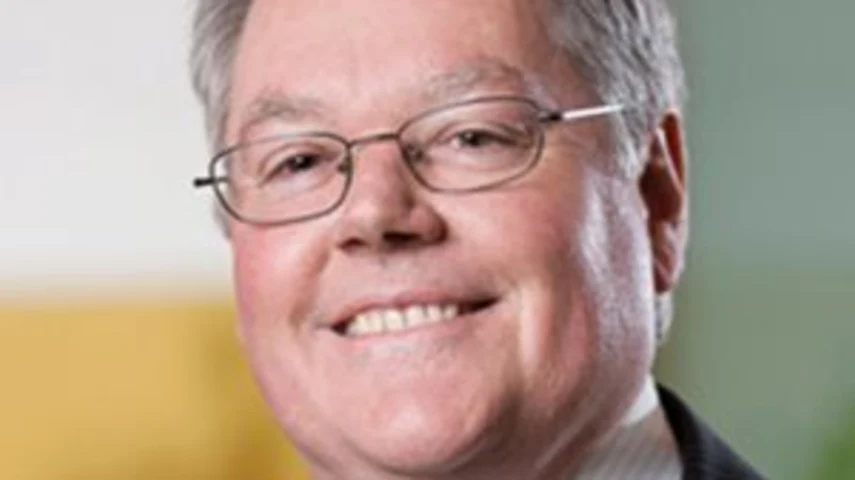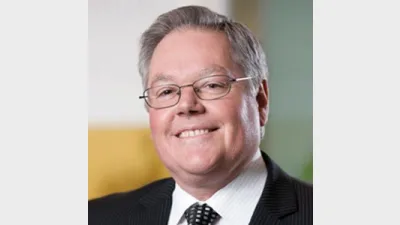ISN research at odds with reality



New research on the Future of Financial Advice (FOFA) reforms commissioned by industry funds is at odds with what the industry is seeing on the ground, according to financial planning executives.
The study, undertaken by Rice Warner and commissioned by the Industry Super Network (ISN), found FOFA would boost Australians’ private savings under advice by $144 million by 2027.
The report also predicts the average cost of advice would almost halve in the next 15 years, while the take-up of advice would double.
Furthermore, Rice Warner found the number of financial planners employed would remain stable over the long term.
“These findings show that the laws are a win-win for both planners and consumers,” said ISN chief executive officer David Whiteley.
However, the Financial Planning Association’s Mark Rantall and the Association of Financial Advisers’ chief Brad Fox questioned some of the findings, claiming the research neglected the other side of implementing reform.
“One would hope that clients will see and trust financial planning more and hopefully access more advice,” Rantall said.
“Having said that, there is a cost involved in all of that and the cost has been significant; many financial planners will struggle with those costs at a business level.”
Whiteley said the benefits of reform would outweigh the costs over 15 years, even on the most conservative assumptions.
However, Fox questioned whether the research took into account the changing administration costs inside financial advice businesses, such as fee disclosure statements and other related changes.
“I also wonder if the findings take into account the fact that the industry spent $2 billion dollars on implementing the reforms and that many participants, such as platform providers, will try and recover those costs via their members,” Fox said.
Research commissioned by ISN has caused controversy in the past, with the 2011 Rice Warner study finding the implementation of opt-in would cost financial planning businesses $11 per client.
Recommended for you
The top five licensees are demonstrating a “strong recovery” from losses in the first half of the year, and the gap is narrowing between their respective adviser numbers.
With many advisers preparing to retire or sell up, business advisory firm Business Health believes advisers need to take a proactive approach to informing their clients of succession plans.
Retirement commentators have flagged that almost a third of Australians over 50 are unprepared for the longevity of retirement and are falling behind APAC peers in their preparations and advice engagement.
As private markets continue to garner investor interest, Netwealth’s series of private market reports have revealed how much advisers and wealth managers are allocating, as well as a growing attraction to evergreen funds.











